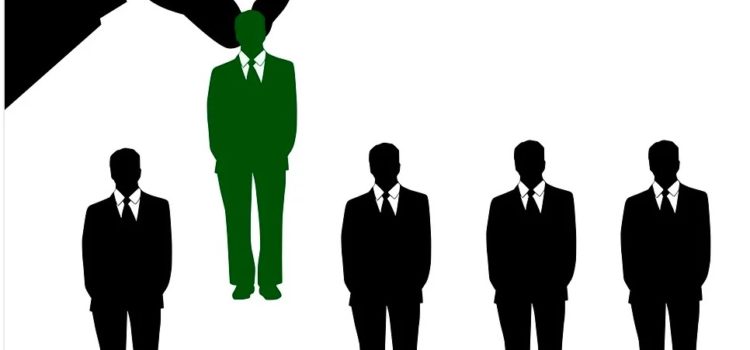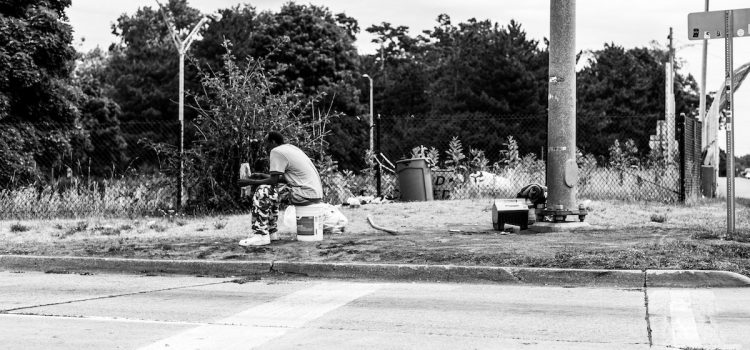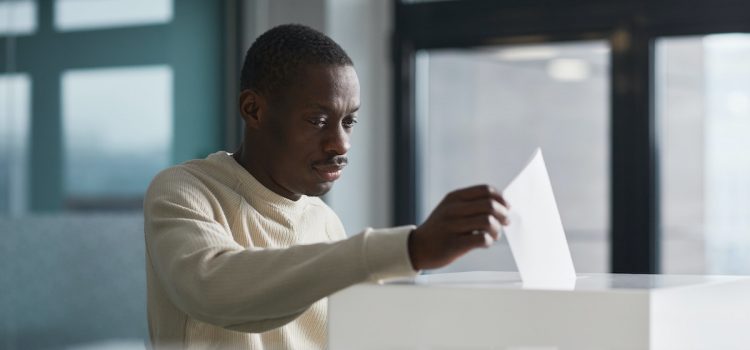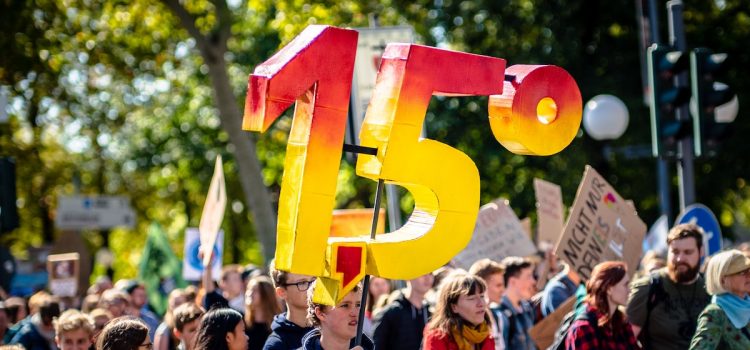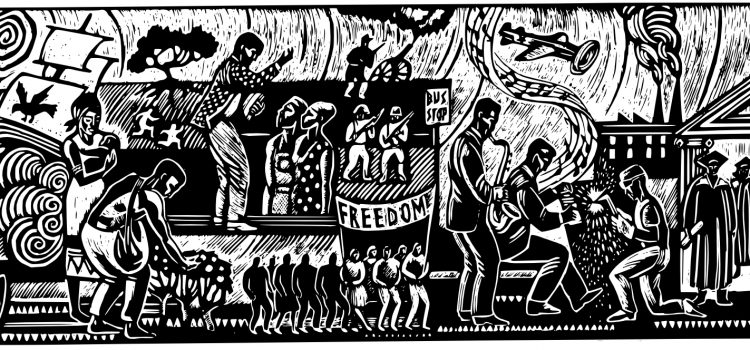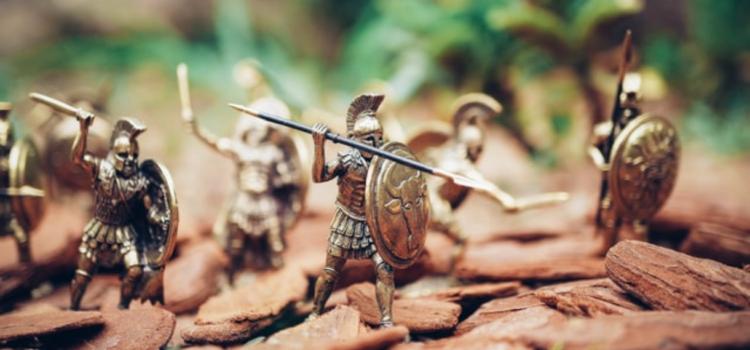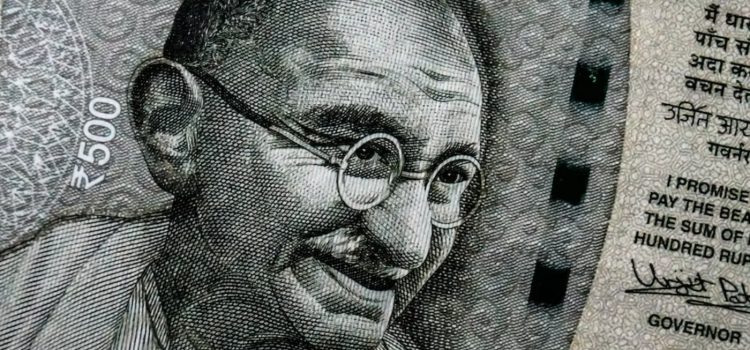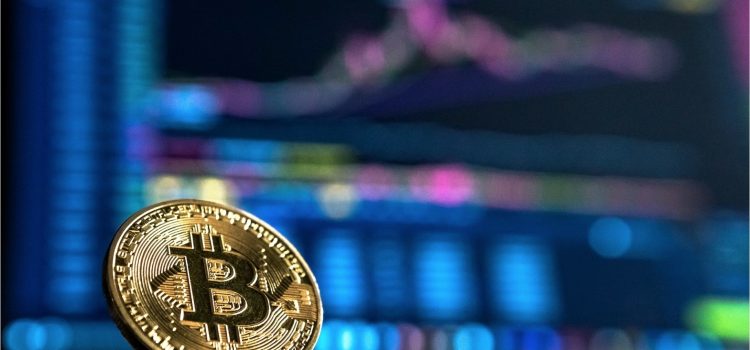How can creating new jobs cause problems in society? Why does job creation sometimes result in useless jobs? According to anthropology professor David Graeber, useless jobs have become widespread in most modern societies. He claims that creating new jobs, while beneficial when done responsibly, can also cause the proliferation of useless jobs for economic and political reasons. Keep reading to learn how creating new jobs can also produce meaningless jobs, according to Graeber.
Can Creating New Jobs Actually Be a Bad Thing?
